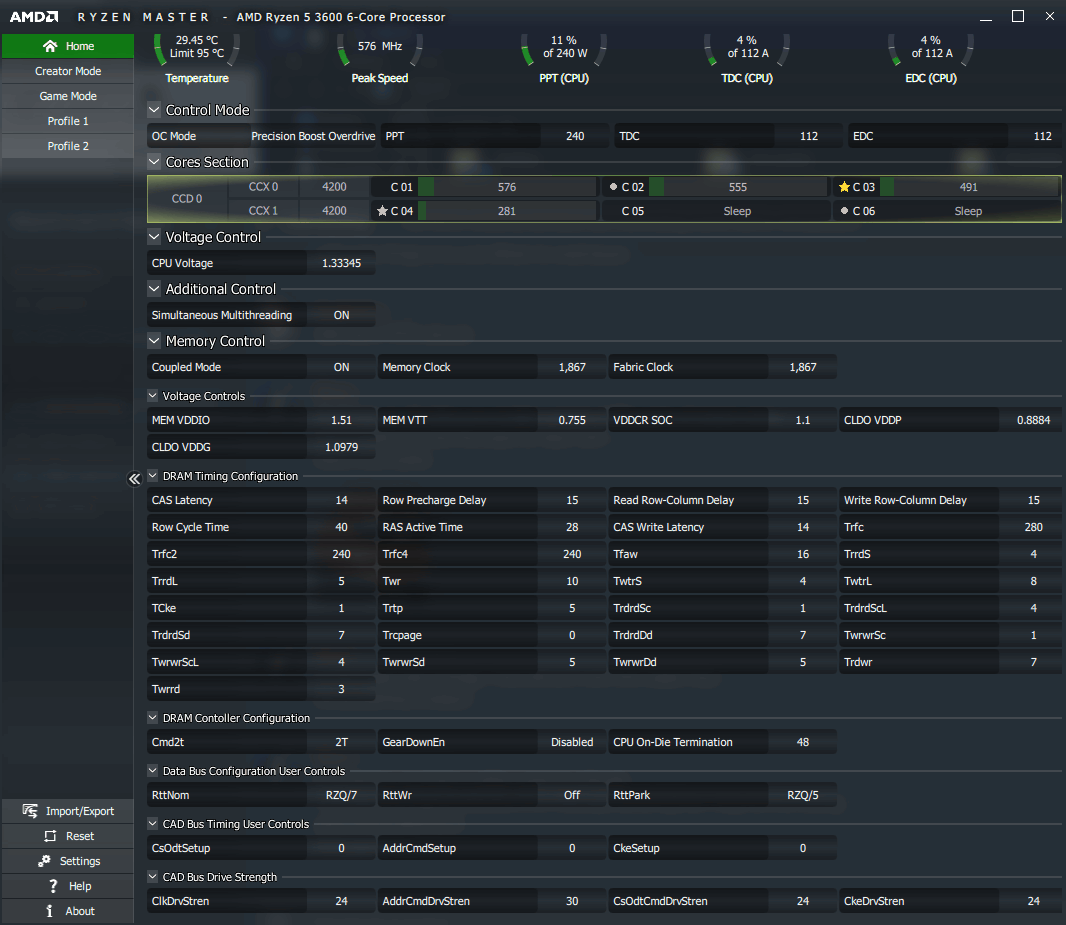Staying up to date is what every aspiring Zen2 Beta Tester aspires to do!
Otherwise, not really - if the system works perfectly, it tends to stay that way instead of having constant attempts to fix what isn't broken until there is something to fix.
As a backwards-compat beta tester, you don't really get much choice in the matter - as it was The Newest Version or Go Pound Sand until the latest (suddenly a week old but that's a lie) in my case.I had issues on bios updates with my Aorus gaming 5 board. The latest one seems stable now. Sometimes upgrading isn't the best on a stable system. I usually wait to see if a bios comes directly after another since that is a sign of a "goofed" bios.
The June 2019 version of this b450 Tomahawk version being scuffed enough that trying a sHinY NeW BIoS didn't exactly seem like much was at stake.
But yes, that's a good General Guideline to follow if you're not a Willing Test Subject (tm)


